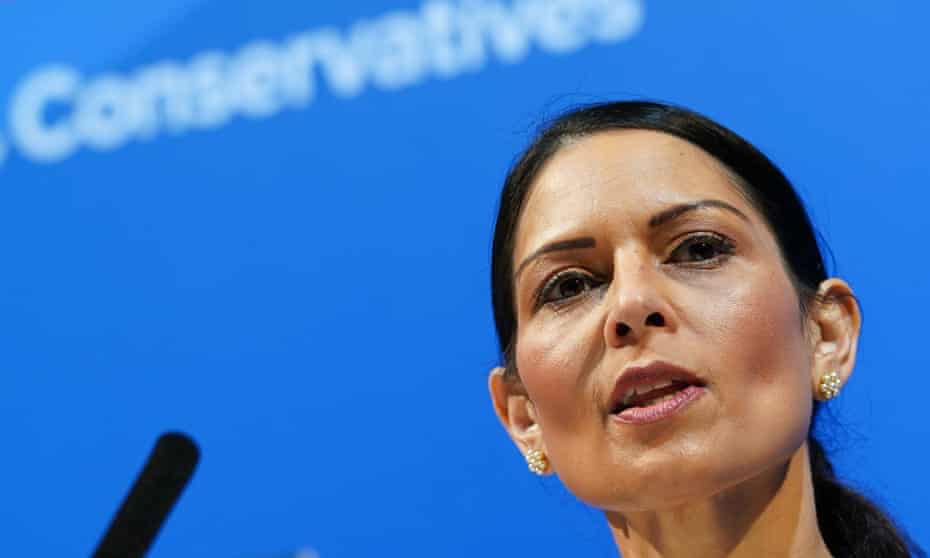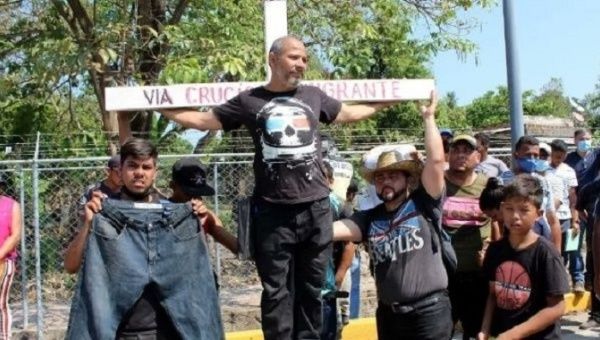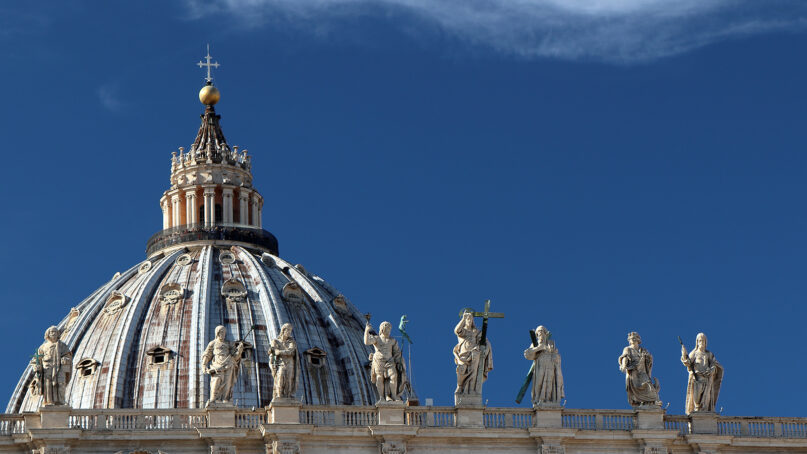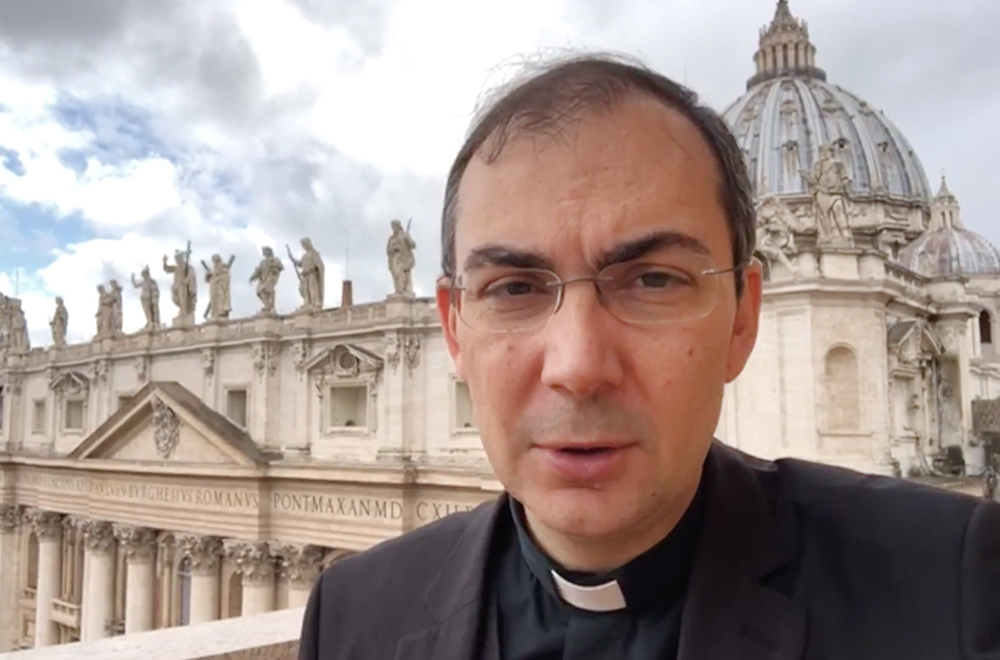Ukrainian refugees are becoming the latest victims of a hostile bureaucracy that was two decades in the making

Sun 3 Apr 2022
More than four million refugees have fled Ukraine since Russia began its barbaric military campaign against the Ukrainian people just over a month ago. It has been described by the UN’s refugee agency as the fastest-growing refugee crisis since the Second World War. Poland is host to almost 2.5 million refugees, Romania just over 600,000, Moldova almost 400,000 and the whole of the EU has opened its borders to Ukrainian refugees, with no visa required. In contrast, the UK has issued fewer than 5,000 visas under the “Homes for Ukraine” scheme, not even a sixth of the number of applications.
There are aspects of the government’s response to the crisis that are to be commended, but on the worsening refugee situation it has been astonishingly mean-spirited. In the early weeks, the only refugee resettlement route was for Ukrainians with family settled in the UK; at first, this only applied to immediate dependents, but now includes extended family. People using this process have reported significant delays, with family members having to finance extended hotel stays in countries bordering Ukraine while they wait for the Home Office bureaucracy to process visa applications.
Eventually, the government bowed to public pressure to do more. Three weeks ago, it launched Homes for Ukraine, a scheme that allows Ukrainians to come to the UK if they are matched with a host to act as an individual sponsor for their visa and who can provide them with accommodation for at least six months (the host will be paid £350 a month by the government to do so). Under this scheme, refugees will get a three-year visa and be entitled to work and use public services in the UK.
The requirement to be matched with a host falls far short of what the government should have done, which is to match the EU’s visa-free offer and provide independent housing for refugees so that their numbers are not limited by the amount of willing hosts or the time it takes to run checks, a prerequisite to processing a sponsor visa. The requirement for refugees to match with sponsors adds layers of bureaucratic delay and exploitative potential. Charities that work with refugees have warned that the lack of proper safeguards will create opportunities for those who seek to exploit Ukrainian women and children. They report UK-based human traffickers and slum landlords have already tried to target them. The government has been slow to establish any efforts to actually match refugees to hosts; it has only just announced funding for a pilot scheme.
The lack of proper safeguards in this scheme will create opportunities for those who seek to exploit Ukrainian women and children
The government’s response to the crisis is a reflection of 20 years of hardening policy towards refugees and asylum seekers. It started under the last Labour government, whose ministers were all too happy to make political scapegoats out of refugees as a way of trying to boost its poll ratings, replacing cash support for asylum seekers with vouchers – later rolled back – and stoking public fears about “illegitimate” asylum seekers. But it has got much worse over the last decade under successive Conservative home secretaries, culminating in Priti Patel’s nationality and borders bill, which will create a two-tier asylum system that lawyers believe would break international and domestic law. It seeks to criminalise anyone arriving in the UK to claim asylum without a pre-approved claim, despite the fact that the 1951 Refugee Convention, to which Britain was a founding signatory, establishes the right of anyone with a legitimate claim to asylum to be heard fairly, regardless of how they arrive in a country. Meanwhile, the government has imposed far stricter than necessary limitations on resettlement schemes for Syrian and Afghan refugees over the last decade. Last year, 13,000 refugees in total were granted protection, the equivalent of just 20 people per parliamentary constituency.
The Home Office has always been one of the poorer-performing departments, but Theresa May, as home secretary, made further sharpening of its cruel and inhuman bureaucracy a matter of government policy. In her efforts to make the UK as hostile an environment as possible for undocumented migrants, members of the Windrush generation who had lived, worked and paid taxes in the UK for decades found themselves cut off from the NHS, robbed of their right to work and even deported. At the same time, the government has made it ruinously expensive and bureaucratic for young people who have grown up in Britain to regularise their status when they turn 18, consigning those who cannot afford it to becoming undocumented. An independent report published last week by Wendy Williams, who conducted the independent review of Windrush, found the Home Office had resoundingly failed to improve its culture and was consequently at risk of another major crisis.
Making cruel, inhumane and inflexible bureaucracy an integral aspect of government policy in order to try to drive down immigration and asylum numbers has had dreadful consequences. It has led to people who are British by any meaningful measure being denied basic rights and young people who have spent the majority of their childhood in Britain finding on turning 18 that they are not eligible for the same educational support as their peers. It has rendered the state incapable of fulfilling its ethical obligations to people fleeing conflict and torture in countries such as Syria, Afghanistan and Ukraine. Incremental reform will not do: the UK’s immigration and asylum system needs to be dismantled and rebuilt from scratch.





.jpg)





